Russia to cut oil output 'voluntarily' by 500,000 bpd after Western price cap
Russia plans to cut oil production "voluntarily" by 500,000 barrels per day (bpd) in March, Deputy Prime Minister Alexander Novak said, after the West imposed price caps on Russian oil and oil products.
"Today, we are selling the entire volume of our oil output. But, as we have said before, we are not going to sell oil to those who directly or indirectly adhere to the ‘price cap’ principles," Novak said.
"In this regard, Russia will voluntarily cut production by 500,000 barrels per day in March. This will help restore market relations," he added.
Novak's representative underlined that the production cut will only affect oil, excluding gas condensate.
Novak also said Russia’s move is in response to the “destructive energy policy of the countries of the collective west.”
The decision came after European Union governments tentatively agreed in early December on a $60 a barrel price cap on Russian seaborne oil with an adjustment mechanism to freeze the price at 5 percent below the market price.
The idea of a price cap for Russian oil was put forth by the Group of Seven (G7) industrialized countries of the world in a joint effort to target Russia’s economy.
Novak warned that the crude oil price cap could lead to “a decrease in investment in the oil sector and, accordingly, an oil shortage.”
Meanwhile, Russian Urals crude traded at a discount to Brent crude of $28 a barrel on Friday.
Over the past few months, India and China have snapped up cheap oil from Moscow, just as the EU — once Russia’s biggest customer for crude — has ended all imports.
“Russia currently has a limited pool of buyers for its crudes and has likely found a ceiling to its export sales in the near term, primarily to China and India,” said Alan Gelder, vice president of refining, chemicals, and oil markets at Wood Mackenzie.
According to Reuters, Russia took the decision to reduce its output without consulting the OPEC+ group of producers, which includes Saudi Arabia. OPEC+ decided in October to cut output by 2 million barrels per day and has not adjusted that stance since.
The International Energy Agency said last month that it expected global demand to surge by 1.9 million barrels per day to reach an all-time high of 101.7 million barrels per day, with China accounting for nearly half of the increase due to reopening its economy in December after almost three years of strict COVID-19 bans, pushing up global oil demands.
In the meantime, market analysts say the slash in Russian oil supply will mean more competition among buyers to provide for the increasing energy demands from other producers in the Middle East, including Iran, Saudi Arabia, and Iraq.
In this regard, Indian Energy Minister Hardeep Singh Puri said in a recent interview with CNBC that imposing any restrictions by the West on Russian oil could cause disruptions in the global oil market, pushing energy prices up.
“Can you imagine a situation [where] Iran oil is sanctioned, Russia has problems, Venezuela cannot supply its oil? Then the oil price will not be $200 – it will be $480,” he warned.
Neil Crosby, a senior analyst at oil data firm OilX, told CNN that a 500,000 barrel-a-day cut is not the “worst-case scenario” and is still a smaller hit to Russian production than most analysts were expecting last year.
“But it sets a precedent for further cuts ahead if necessary or desired by Russian authorities,” Crosby said, adding that Moscow could be anticipating difficulty in finding enough demand for its crude.
‘Law of jungle’: China says Israeli-US aggression against Iran must stop
Iran says committed to regional security; retaliatory attacks only target Israel, US assets
'Blatant war crime': Iran denounces US-Israel strikes on Gandhi hospital in Tehran
IRGC spox: 650 casualties for US military in two days as Iran missiles force aircraft carrier to fle
Tehran warns of false-flag operations, says Israel ‘undoubtedly’ seeking to widen war
New wave of attacks devastates key US base in Bahrain as Iran strikes back
Melania Trump chairs UN children's meeting as Iran buries kids killed in US-Israeli attack
Why Iran’s Leader refused special protection, leading from the front until last breath



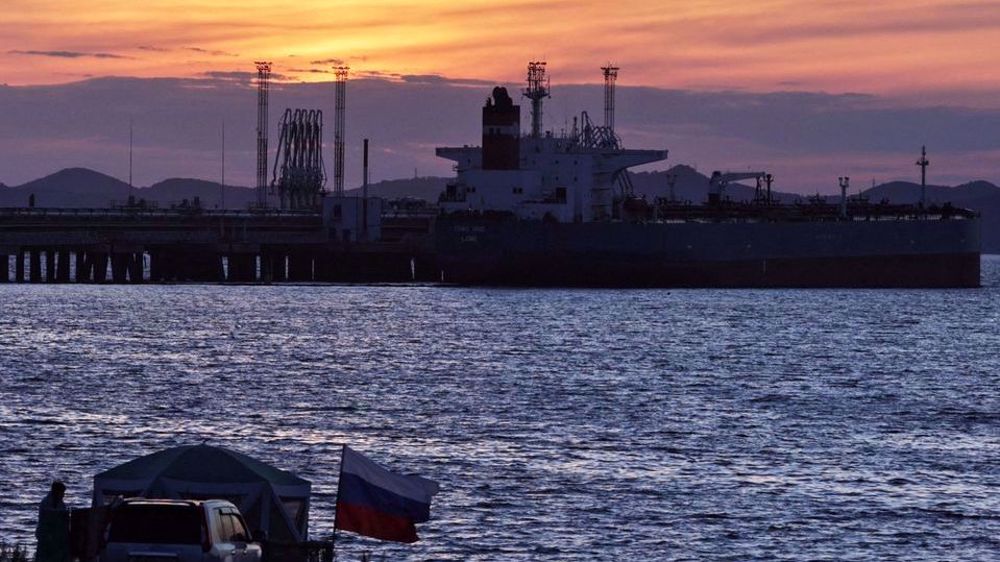
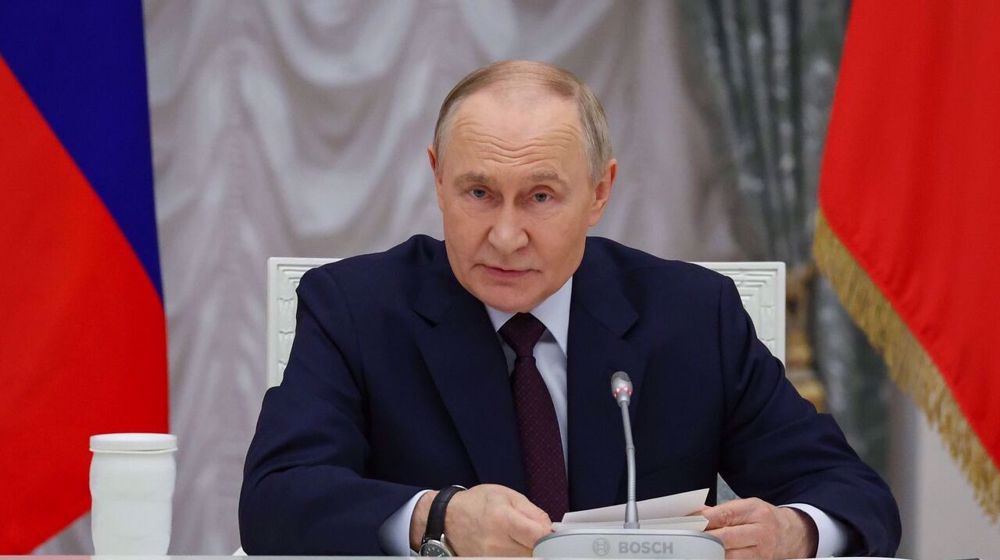
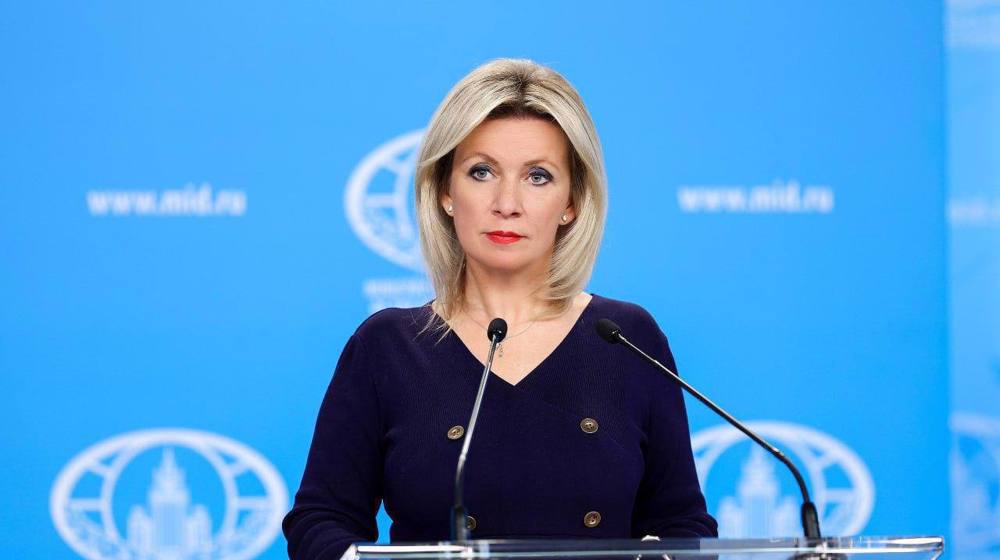
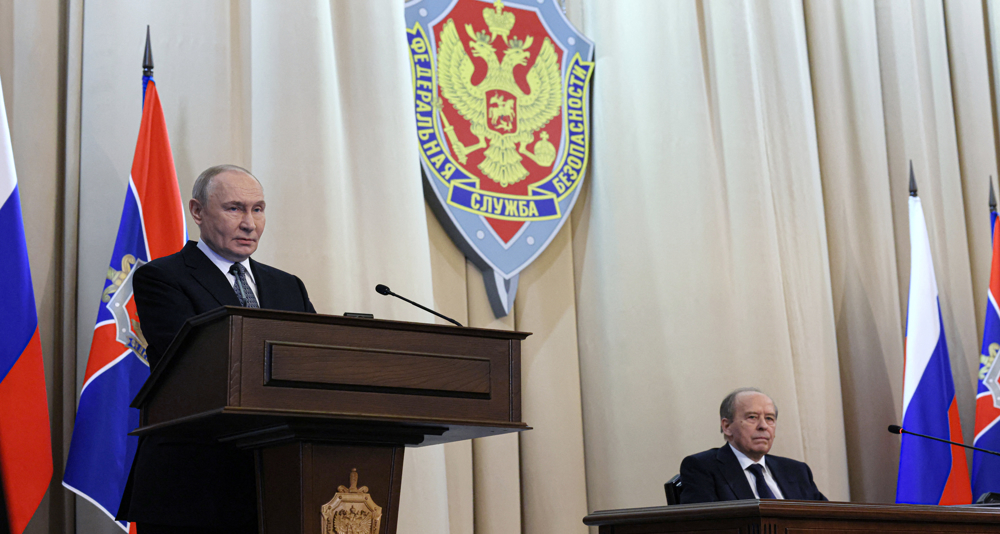



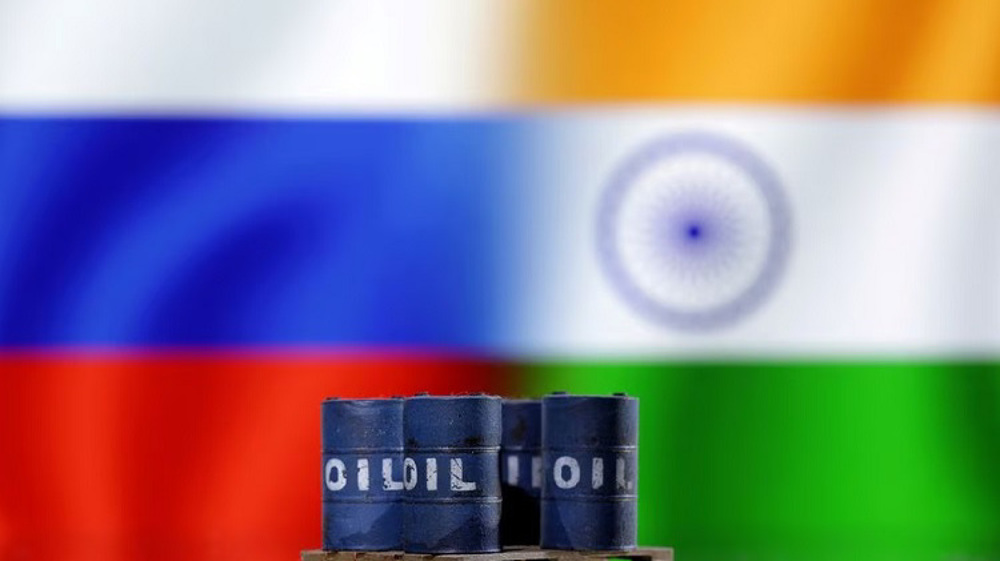

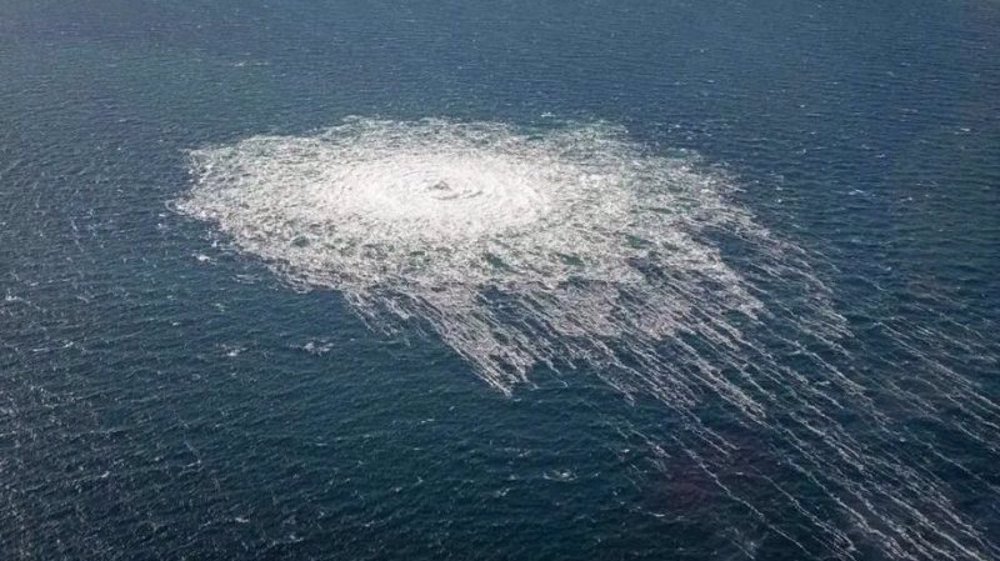
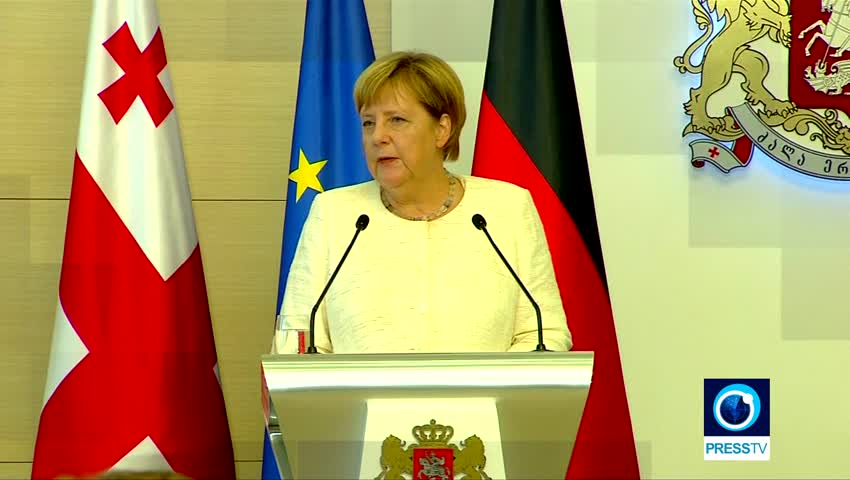

 This makes it easy to access the Press TV website
This makes it easy to access the Press TV website